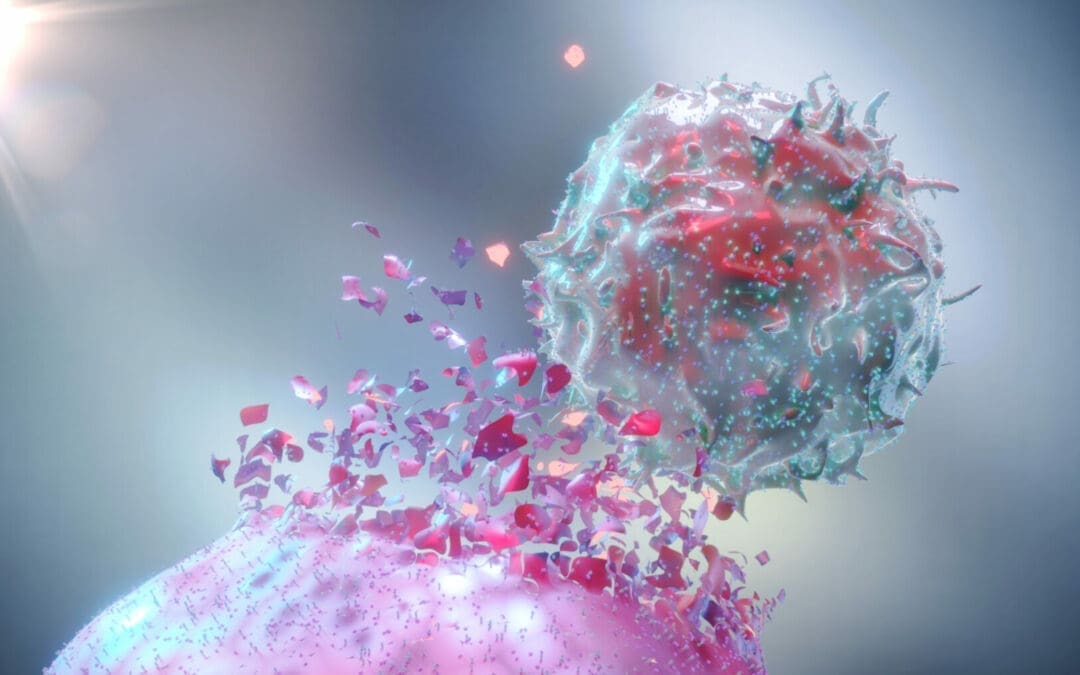BCC is the most common type of skin cancer in the U.S. with about 4.3 million new cases diagnosed each year. Although most of these types of cancer are caught early and cured with surgery and radiation, a tiny number of these cancers can become advanced and penetrate into the surrounding tissues (locally advanced) or spread to other parts of the body (metastatic), which makes them more challenging to treat. Advanced BCC is a chronic, painful, very disfiguring cancer. Although the primary treatment options are hedgehog inhibitors, many patients become intolerant to their therapy.
The Hedgehog signaling pathway plays an crucial role in cell growth as an embryo is developing. The pathway can also be activated to encourage tissue repair or cell production. Abnormal activation of this pathway may lead to cancer including BCC’s. It is typically quiet in adult tissue. A Hedgehog pathway inhibitor (HHI) is a small molecule that discourages the activity of the Hedgehog signaling pathway, which is useful for restricting cancer growth and prevents the cancer from occurring again.
Libtayo is currently used to treat metastatic or locally advanced cutaneous squamous cell carcinoma (SCC) in patients who are not candidates for curative surgery or radiation. SCC’s are the second most common type of skin cancer with about more than 1 million cases diagnosed in the U.S. each year. This type of cancer is usually non-life threatening but can become aggressive when left untreated. Libtayo is also being investigated for treatment of other difficult cancers including non-small cell lung cancer.
Immunotherapy is a type of cancer treatment that boosts the body’s natural defenses to fight cancer. It uses materials made in your own body or in a laboratory, which helps enhance how your immune system works to find and destroy cancer cells.
The approval of Libtayo will change the way advanced SCC’s and BCC’s are treated. These types of drugs are helping us build a strong arsenal in the treatment of skin cancer (as well as other cancers!). Patients now have a new choice for immunotherapy that has shown a significant and tough anti-tumor response in these types of cancers.

